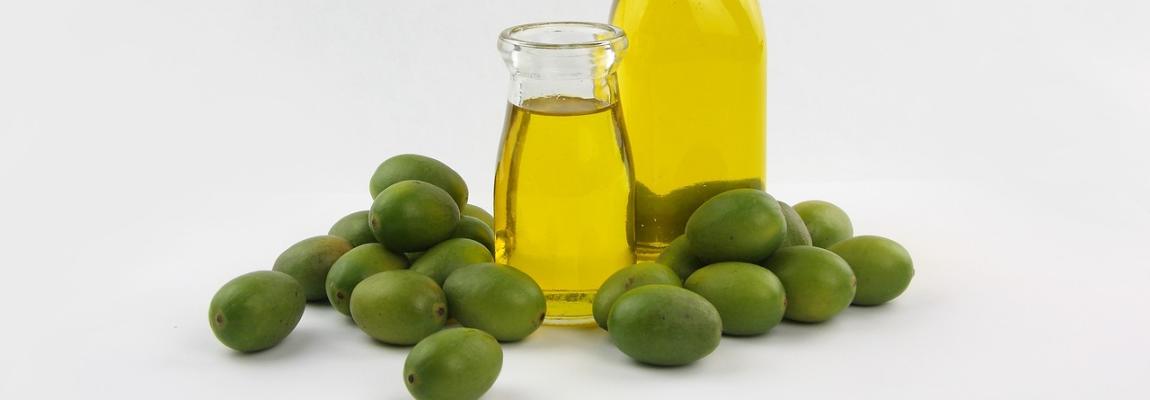
Customer reference
Hellenic Republic Ministry of Development
Organoleptic assessment of virgin olive oil

Activity: Chemical analyses and organoleptic assessment of virgin olive oil samples
Context: Use of the electronic nose in a supportive role to the organoleptic panel of testers in the classification of virgin olive oil samples and the assessment of characteristic attributes, especially in the case of P.D.O. samples
Equipment: HERACLES electronic nose with AlphaSoft and AroChemBase
Website: https://www.mindev.gov.gr/elegxoi-paratiritiria/tmima-ximikon-analiseon/
Organoleptic assessment of virgin olive oil
The Laboratory of the Department of Chemical Analyses is one of the oldest Public laboratories (established in 1949) in Greece. It began analyses and studies on olive oil in 1956, and since the late 80s it specializes exclusively in virgin olive oil. Its main area of activity is analyses, both chemical and organoleptic, of authentic virgin olive oil samples obtained from all the producing areas of Greece. This is an annual study performed on every crop year since the 80s.
Furthermore, organoleptic assessment is performed on virgin olive oil samples received from other authorities and also private parties, with subsequent release of test reports with classification according to EU Regulation. Their organoleptic panel of testers is one of the oldest and most experienced in Greece.
Supporting the sensory panel in the classification and assessment of characteristic attributes of virgin olive oils
The HERACLES electronic nose was installed and became operational in the Chemical Analyses laboratory of the Hellenic Republic Ministry of Development, in February 2023.
Dr. George Exarchos, Head of the Department of Chemical Analyses, Hellenic Republic Ministry of Development, comments: “Since then, we have analyzed some 90 virgin olive oil samples, all from the 2022-2023 crop year, from a variety of cultivars and producing areas. The analyses were performed shortly after the organoleptic assessment by the sensory panel.
The initial concept for the introduction of an electronic nose in our laboratory was the chemical identification of specific volatile compounds in virgin olive oil, responsible for characteristic attributes, positive (fruity) or negative (defects), in order to further support the results of the sensory panel after the organoleptic assessment.
In particular, the main scope was to use the electronic nose to identify specific volatile compounds and assist the sensory panel in the characterization of descriptors for P.D.O. extra virgin oils (e.g. almond, citrus, grass, herb, tomato etc.) according to the Method described in COI/T.20/Doc. no. 22.
Another application could be assisting the sensory panel in the classification of borderline extra virgin and virgin olive oils in order to reduce non-conformities in cases of disagreement between different panels.”
Dr. George Exarchos comments on the actual value of the HERACLES: “The interest of the electronic nose is not to conduct a detailed nor a quantitative analysis of all volatile compounds involved, like with GC/MS or classical GC/FID, but the actual value of the HERACLES e-nose, is to analyze a large number of samples very quickly and with high accuracy. It is quite user-friendly, requires modest maintenance effort and time and is also economical on consumption both in energy and materials. We are quite happy with it and also happy with the support both from Alpha MOS directly and its representatives in Greece.”
 “HERACLES is a very useful instrument of analysis and not only. Its cutting-edge technology ensures that it is possible to analyze a large number of samples very quickly and with high accuracy"
“HERACLES is a very useful instrument of analysis and not only. Its cutting-edge technology ensures that it is possible to analyze a large number of samples very quickly and with high accuracy"
Dr. George Exarchos, Head of the Department of Chemical Analyses, Hellenic Republic Ministry of Development (middle)
Dr. Maria Koliatsou (left), Mr. Konstantinos Markopoulos (right)
